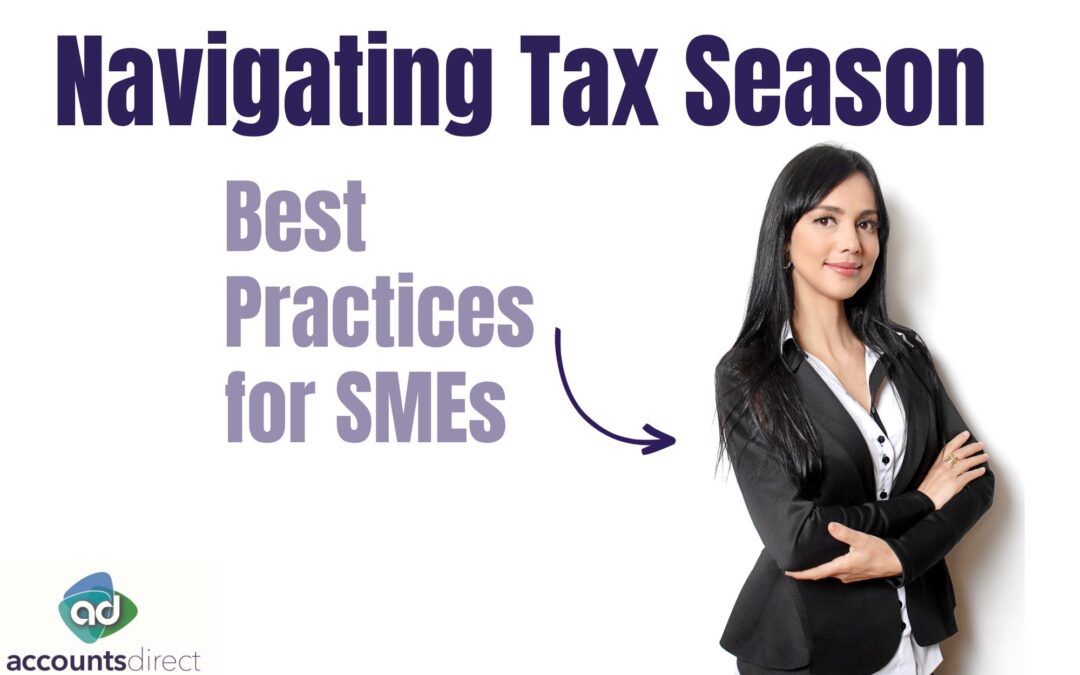Navigating the intricacies of tax season is a daunting task many SMEs face annually. The complexities of filing returns, ensuring all deductions are accounted for, and mitigating the risk of penalties make this period crucial. Grasping how to efficiently manoeuvre through tax season is essential for the financial health and compliance of your enterprise.
The Importance of Timely Preparation (125 words) Delaying tax preparations until the eleventh hour isn’t just stressful—it’s risky. SMEs that postpone these tasks often overlook critical details, leading to errors in their filings. Maintaining consistent records throughout the fiscal year can alleviate much of this burden, ensuring you’re neither scrambling for receipts nor missing out on key deductions.
Common Mistakes SMEs Make (125 words) SMEs frequently trip over typical pitfalls during tax season. Incorrect expense claims, neglecting to include all sources of income, or simply overlooking allowable deductions can be detrimental. Such blunders not only result in lost financial benefits but could also invite unwanted attention from HMRC.
Tips for Successful Tax Filing (175 words)
Segregate Personal and Business Expenses: Ensure your personal and business transactions are distinctly separate, making it easier to discern allowable expenses.
Stay Updated: Tax regulations can change. Stay abreast of the latest legislation to ensure you’re compliant and taking advantage of any new provisions.
Harness Technology: Adopt accounting software that simplifies bookkeeping, invoicing, and tax calculations, enabling you to maintain precise financial records effortlessly.
Consider Quarterly Tax Estimates: To prevent any end-of-year financial surprises, SMEs should contemplate estimating and setting aside their tax liabilities quarterly.
The Role of Professional Assistance (100 words) While many SMEs strive for self-sufficiency, there’s no shame in seeking expert guidance, especially during tax season. An experienced accountant or tax advisor can provide invaluable insights, ensuring your filings are both accurate and optimised. The nominal cost of hiring a professional often pales in comparison to the peace of mind and potential savings they can offer.
Planning for the Next Tax Year (75 words) Proactive tax planning is the linchpin of a smooth tax season. As one year concludes, begin strategising for the next. Update your record-keeping systems, budget for potential tax liabilities, and regularly review your financial strategies. The goal is to make the subsequent tax season even more seamless than the last.
Conclusion (50 words) The annual tax season needn’t be a source of dread for SMEs. With informed preparation, the right tools, and possibly the aid of professionals, SMEs can approach this period with assurance. Remember, a proactive stance today can set the stage for a stress-free tax season tomorrow.

